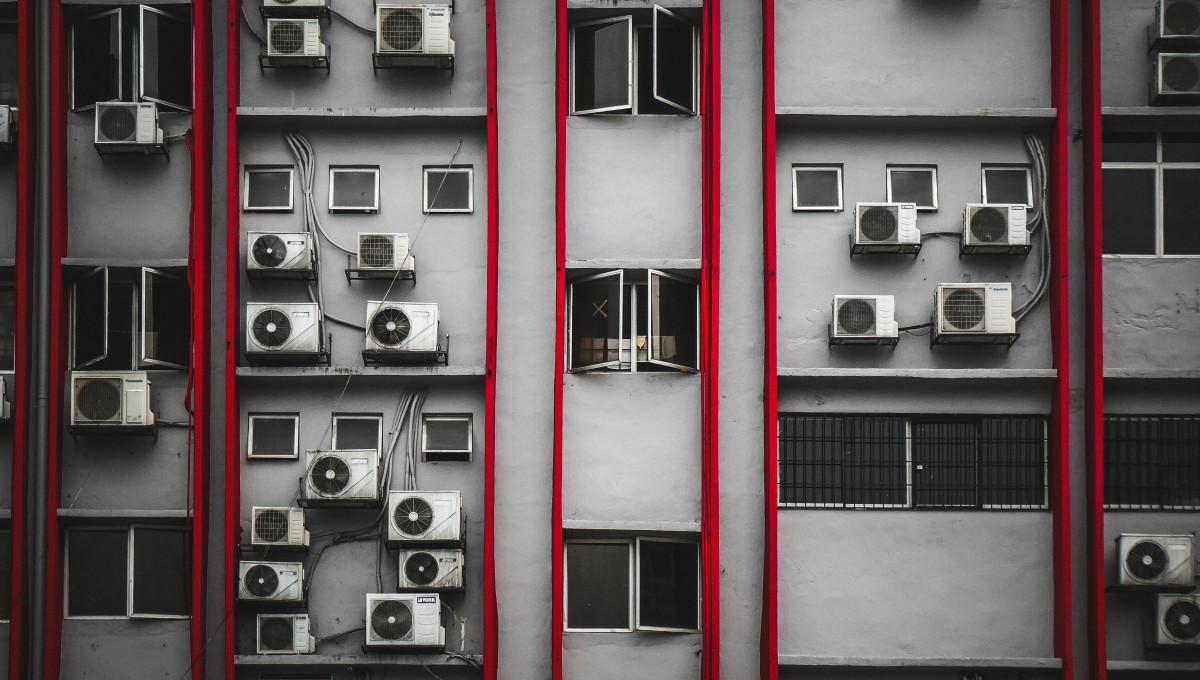Introduction
Maintaining a comfortable indoor environment is essential for our overall well-being. One crucial aspect of achieving this comfort is the proper functioning of HVAC systems. HVAC stands for Heating, Ventilation, and Air Conditioning, and it plays a significant role in regulating temperature, humidity, and air quality inside buildings. In this article, we will explore the importance of HVAC in maintaining comfortable indoor environments and how it contributes to our daily lives.

What is HVAC and How Does It Work?
HVAC refers to the technology used to control the ambient conditions within a building. It encompasses various systems that work together to provide heating, ventilation, and air conditioning. The primary components of an HVAC system include:
Heating: This involves systems such as furnaces, boilers, or heat pumps that generate heat to warm up the indoor space during colder months. Ventilation: This ensures the exchange of fresh outdoor air with stale indoor air to maintain air quality. It involves mechanisms like fans, ducts, and vents. Air Conditioning: This involves cooling the indoor space during hot weather by removing heat from the air using refrigeration technology.
By integrating these components, HVAC systems create a comfortable environment by regulating temperature, humidity levels, and air circulation.
The Importance of HVAC in Maintaining Comfortable Indoor Environments
Temperature Control
One of the primary functions of an HVAC system is to regulate indoor temperatures. Whether it's sweltering hot or freezing cold outside, HVAC systems ensure that we can maintain a comfortable temperature inside our homes or workplaces. By adjusting thermostat settings and activating heating or cooling mechanisms accordingly, HVAC systems keep us cozy throughout the year.
Humidity Regulation
Apart from temperature control, HVAC systems also help maintain optimal humidity levels indoors. High humidity can lead to discomfort, mold growth, and even health issues like respiratory problems. On the other hand, low humidity can cause dry skin, irritated eyes, and respiratory irritation. HVAC systems balance humidity levels to create a pleasant and healthy indoor environment.
Air Quality Improvement
Indoor air quality is crucial for our health and well-being. HVAC systems play a vital role in filtering out pollutants, allergens, and contaminants from the air we breathe. By incorporating air filters, HVAC systems trap dust, pollen, pet dander, mold spores, and other harmful particles. This filtration process ensures that the air circulating within our homes or offices is clean and free from respiratory irritants.
Energy Efficiency
Modern HVAC systems are designed to be energy-efficient. They utilize advanced technologies like variable-speed motors, smart thermostats, and programmable controls to optimize energy consumption. By operating efficiently, HVAC systems not only reduce energy bills but also contribute to environmental sustainability by minimizing carbon emissions.

Comfort Zone Maintenance
The human body has a certain range of temperature and humidity within which it feels most comfortable. This range is often referred to as the "comfort zone." HVAC systems aim to maintain this comfort zone by providing personalized temperature control settings for different areas within a building. Whether it's an office space or a residential apartment, HVAC systems ensure that occupants can adjust the temperature according to their preferences.

FAQs about HVAC Systems
What is the role of HVAC in maintaining comfortable indoor environments?- HVAC systems regulate temperature, humidity levels, and air quality indoors to provide a comfortable living or working environment.
- It is recommended to have your HVAC system serviced at least once a year to ensure optimal performance and prevent costly repairs.
- While some minor issues can be addressed by homeowners, it is advisable to seek professional help for complex HVAC repairs to avoid further damage and ensure safety.
- Common signs of HVAC system malfunction include unusual noises, poor airflow, inconsistent temperatures, frequent breakdowns, and increased energy consumption.
- Installing an HVAC system requires specialized knowledge and skills. It is recommended to hire a professional HVAC technician for proper installation to ensure safety and efficiency.
- You can improve the energy efficiency of your HVAC system by regularly maintaining it, cleaning or replacing air filters, sealing air leaks, and utilizing programmable thermostats.
Conclusion
The role of HVAC in maintaining comfortable indoor environments cannot be overstated. From temperature regulation to humidity control and air quality improvement, HVAC systems provide us with the comfort we need in our daily lives. By ensuring optimal conditions indoors, these systems contribute to our overall well-being and productivity. Regular maintenance and professional assistance are essential to keep HVAC systems running efficiently and effectively. So next time you enjoy a cozy winter evening or cool off during a scorching summer day, remember to thank your trusty HVAC system for keeping you comfortable.